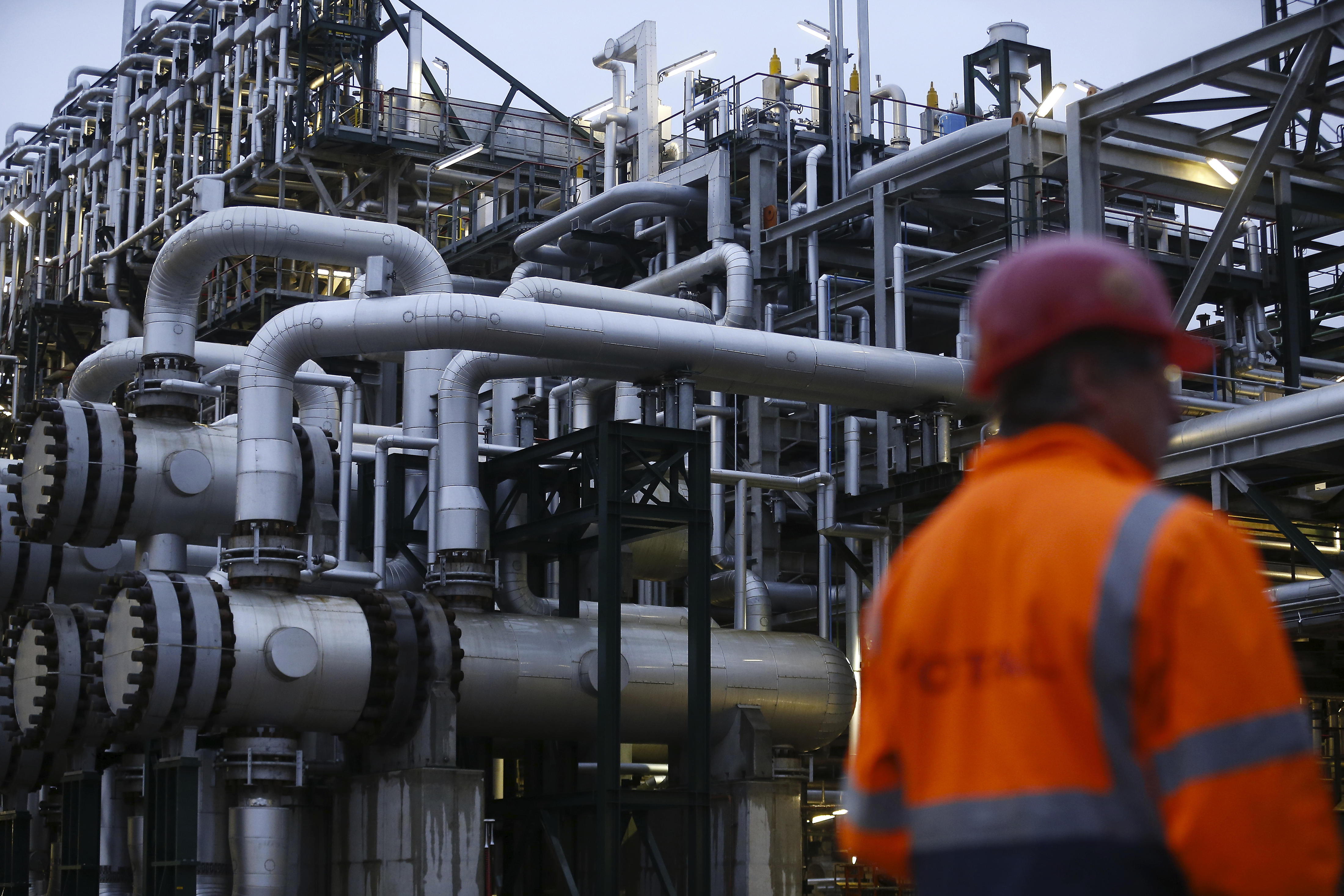Benelux calls on EU to stop exporting dirty fuels to Africa

The Benelux countries are calling on the EU to curb exports of dirty fuels. "The UN quality requirements for fuels should also apply to exports," said Frans Weekers, Secretary General of the Benelux Union. "Africa should not be a dumping ground for our toxic fuels."
The EU sets quality standards for fuels such as petrol and diesel, such as the maximum levels of the pollutants sulphur, benzene and manganese they can contain. However, these standards do not apply to the export of the same fuels from the EU to third countries.
The Benelux countries now want to change this. Belgium and the Netherlands have already taken some legislative initiatives on their own, and the three countries now commit to an export ban on dirty fuels, a level playing field within the Benelux internal market and cooperation on enforcement.
More than half of all petrol imported to West Africa comes from Amsterdam, Rotterdam and Antwerp, up to 65.2 million litres of petrol per day. Diesel exports have declined, but are still significant.
Europe's testing ground
To avoid other ports taking over the role of exporting polluting fuels, Benelux is asking the EU to follow its lead. The issue has already been discussed at the EU Energy Council at the end of 2024, and Germany is already supporting the Benelux countries' call.
"With the signing of a new Benelux recommendation, the big breakthrough is a fact. The Benelux shines once again as Europe's testing ground," Weekers says. "At the same time, the work is not finished. We will continue to push for the export of cleaner fuels throughout the European Union."
The Total Antwerpen oil refinery plant at the Antwerp harbor. © BELGA PHOTO NICOLAS MAETERLINCK
Related news
